News

Sep 27, 2022
Penn State awarded grant to help dairy farmers develop climate-smart commodities
Funding of up to $25 million from the U.S. Department of Agriculture will support a new Penn State-led collaboration with dairy industry associations and producers to develop and implement climate-smart practices on Pennsylvania dairy farms.
Full Article
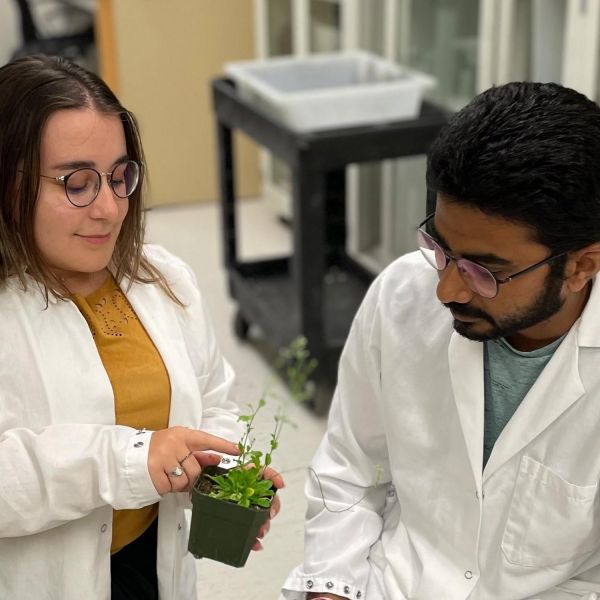
Aug 17, 2022
Plant molecular geneticists discover, and begin to crack, the epigenetic code
When plants sense environmental challenges such as drought or extended periods of extreme temperatures, they instinctively reprogram their genetic material to survive and even thrive.
Full Article

Jun 30, 2022
Jared Ali named director of the Penn State Center for Chemical Ecology
Jared Ali, Dorothy Foehr Huck and J. Lloyd Huck Chair of Chemical Ecology and associate professor of entomology in the College of Agricultural Sciences, has been named director of the Penn State Center for Chemical Ecology (CCE).
Full Article

Jun 27, 2022
Jared Ali named Huck Chair of Chemical Ecology
Jared Ali, associate professor of entomology in Penn State's College of Agricultural Sciences, has been named the Dorothy Foehr Huck and J. Lloyd Huck Chair of Chemical Ecology by the University’s Huck Institutes of the Life Sciences.
Full Article
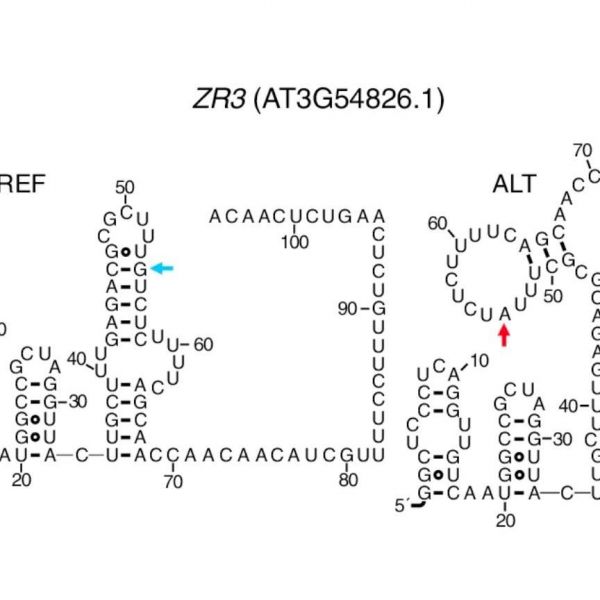
Jun 24, 2022
Climate-associated genetic switches found in plants
Genetic variants that can act as switches directing structural changes in the RNA molecules that code for proteins in plants have been experimentally validated in plants for the first time. The changes to RNA structure can affect the molecule’s stability, how it interacts with other molecules, and how efficiently it can be translated into protein — all of which can impact its function and the traits of the plant.
Full Article
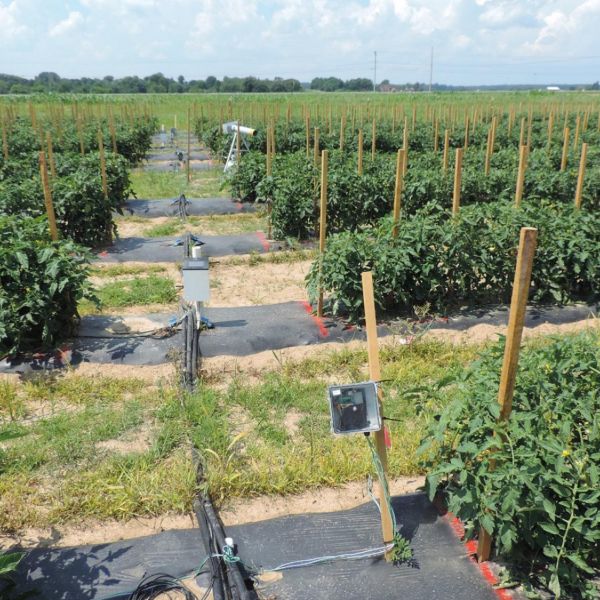
Jun 02, 2022
Internet-based precision irrigation system shows promise for fresh-market tomato
An “internet of things” — or IoT — system monitoring real-time data from soil-based sensors to activate an automated precision irrigation setup can conserve water and boost crop production, according to a team of Penn State researchers.
Full Article
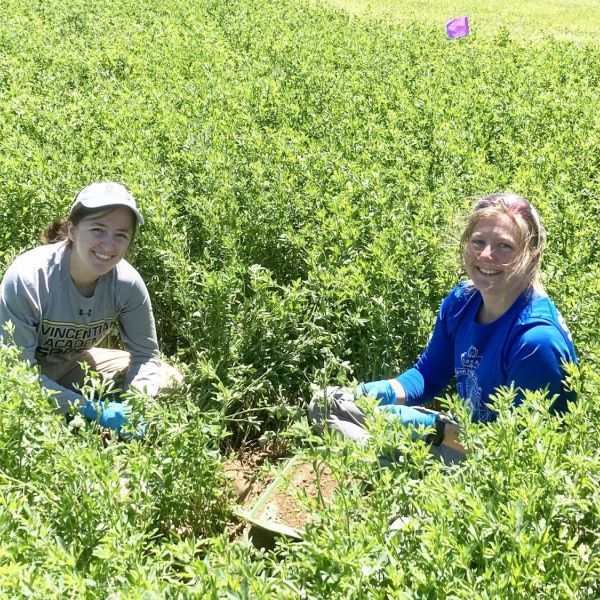
May 31, 2022
New plant science team gets grants from USDA-NIFA for research on soil microbes
An assistant professor in Penn State’s College of Agricultural Sciences has received $950,000 in two competitive grants from the U.S. Department of Agriculture to lead a team studying interactions between plants and rhizobial soil bacteria, with the long-term goal of boosting forage and crop production while reducing environmental impacts of fertilizer use.
Full Article
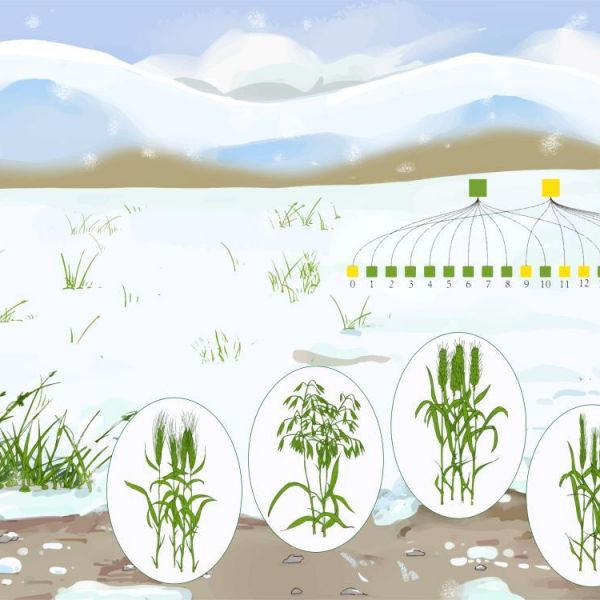
Mar 11, 2022
How grasses like wheat can grow in the cold
A new, large-scale analysis of the relationships among members of the largest subfamily of grasses, which includes wheat and barley, reveals gene-duplication events that contributed to the adaptation of the plants to cooler temperatures.
Full Article

Mar 01, 2022
A new molecular family tree of grasses
The evolutionary relationships among grasses — including important crop plants like wheat, rice, corn, and sugarcane — have been clarified in a new molecular study of the grass family tree. Having a clear picture of the relationships among the grasses can help understanding of how important crop traits like seed size or disease resistance evolves and eventually could inform manipulation of these traits to increase crop yields.
Full Article

Feb 18, 2022
Penn State biologist Michael Axtell named distinguished professor
Michael Axtell, professor of biology at Penn State, has been selected to receive the title of distinguished professor of biology in recognition of his exceptional record of teaching, research, and service to the University community.
Full Article